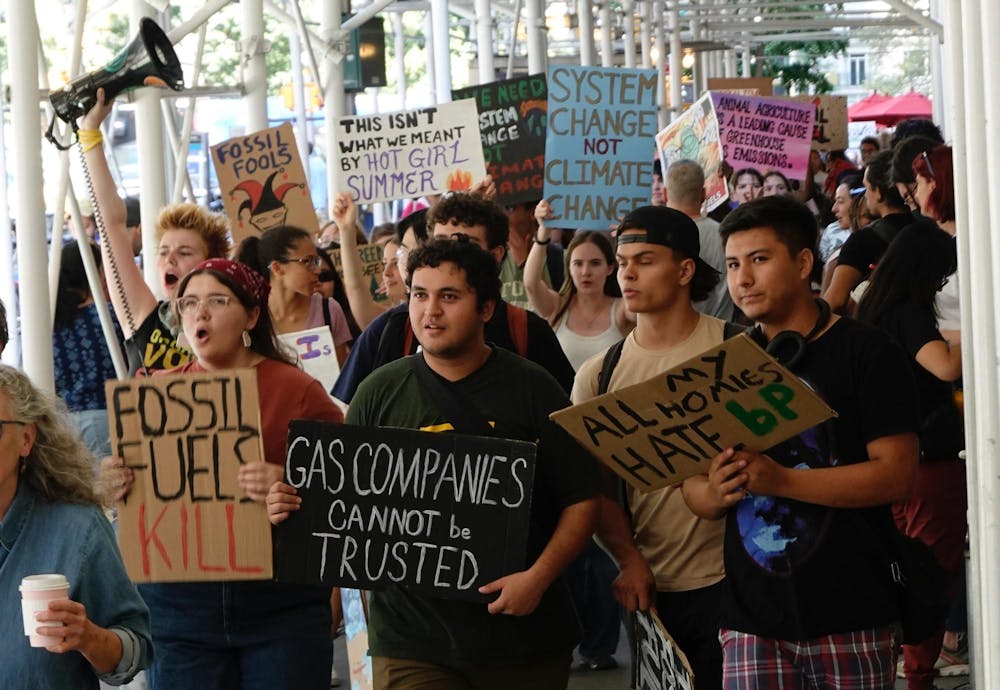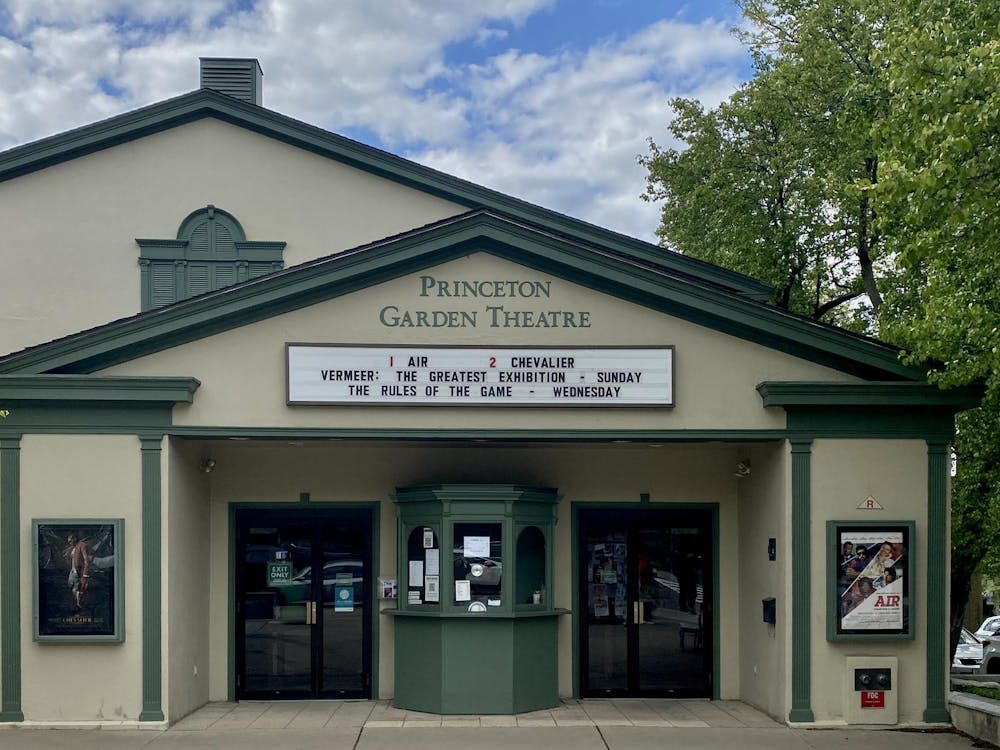The following is a guest submission and reflects the author’s views alone. For information on how to submit a piece to The Prospect, click here.
When I joined on-campus advocacy, I did not imagine that as billions were forced to endure impoverishment, oppression, and state violence, the biggest portion of my work would be reserving rooms and ordering pizza online.
Activism has defined much of my first year at Princeton, but it often feels like a series of contradictions. Recently, I was thinking of buying a “Free Congo” sticker for my MacBook, until it dawned on me that my computer was built at the expense of Congolese lives. I scream for equality from within the walls of an institution whose very ethos is that we are the upper crust and they are not. Can I really create intersectional justice on land stolen from the Lenni-Lenape people, in rooms funded by slaveholders, while using thousands of dollars of fossil fuel and defense contractor money to buy fancy meals and pay for transatlantic flights?
And if I cannot create justice, then what am I supposed to do?
Like most current Princeton students, I was beginning to come of age while bearing witness to dual crises of a pandemic and the constant violent dehumanization of Black lives. The flooded streets and tangible change I witnessed from afar inspired me — but this Instagram “slacktivism” was a detached, compartmentalized, and romanticized idea which did not yet have any impacts on my life. Political organizing in college quickly disabused me of that notion. When justice is your primary goal instead of a side project, the stakes are raised; I could not return to ignoring systems of exploitation and oppression. However, amidst Princeton’s hyper-competitive individualism, I thought that the persistence of these systems after months of organizing meant that I wasn’t doing well enough; I worried that the everyday, unglamorous work of organizing would never be enough.
I have always adored the idea of existence as resistance: to be confident in my fat body, to unabashedly write queer poetry, to sit in the joy that hyper-capitalist systems hate to see. While I have held onto these ideologies in building activist communities at Princeton, I wonder if that is an absurd notion. There is an ignorance that comes with a wealthy white girl living by Audre Lorde’s words that “caring for myself … is an act of political warfare,” while attending an institution built on legacies of racism and exploitation. I have told my fellow activists that we can love Princeton as a community while separating it from Princeton as an institution — but am I not always preaching that the personal cannot be separated from the political? Can I find a middle ground between dropping out to join a feminist commune and working on Wall Street?
I am now realizing that the solution is not to tacitly accept that “my existence is resistance,” but to actively turn my existence into resistance. I do not currently live in a world I would like to be in, but in the Princeton activist community, I have seen small glimpses of it. In our climate marches, vigils, film screenings, alternative shabbats, and poetry nights, I have seen where our own joy and love can coexist with the active fight for justice and a radically different society.
This work is self-contradicting — our joy and love is tangled with the privilege, power, and oppression of our university. But my hope is that by leaning into our joy and love, we will be better equipped to take the direct actions necessary to make the Princeton community a source of social justice. In continuing to reflect on how our actions bring tangible change, and in creating space for multiple ideas of what activism at Princeton is and can be, we are strengthening our vision for a world where unlimited free food and rich community life are no longer exclusive to those who won the classist lottery of college admissions.

If I continue the work of student activism, I have to be an optimist. I have to believe that activism is not only about bringing worlds down, but about building worlds up — creating communities where we free each other, we keep ourselves safe, and we turn love for our communities from an idea into an action. I have to believe that despite the myriad contradictions we embody, Princeton can do more than just speak about “the service of humanity.” We can help turn the world into something beautiful.
My words here, and my work at Princeton so far, are not anywhere near sufficient for supporting the communities I want to see flourish. But if I am to live a life that enables me to believe in humanity, I must hope that they are a start.
Kristin Nagy (she/her) is a student organizer in Students for Prison Education, Abolition, and Reform, the Progressive Coalition, the Palestine Liberation Coalition, and Sunrise Princeton. She is a member of the Class of 2027 and intends to major in Anthropology or Near Eastern Studies. Kristin can be reached at kristinnagy[at]princeton.edu.









